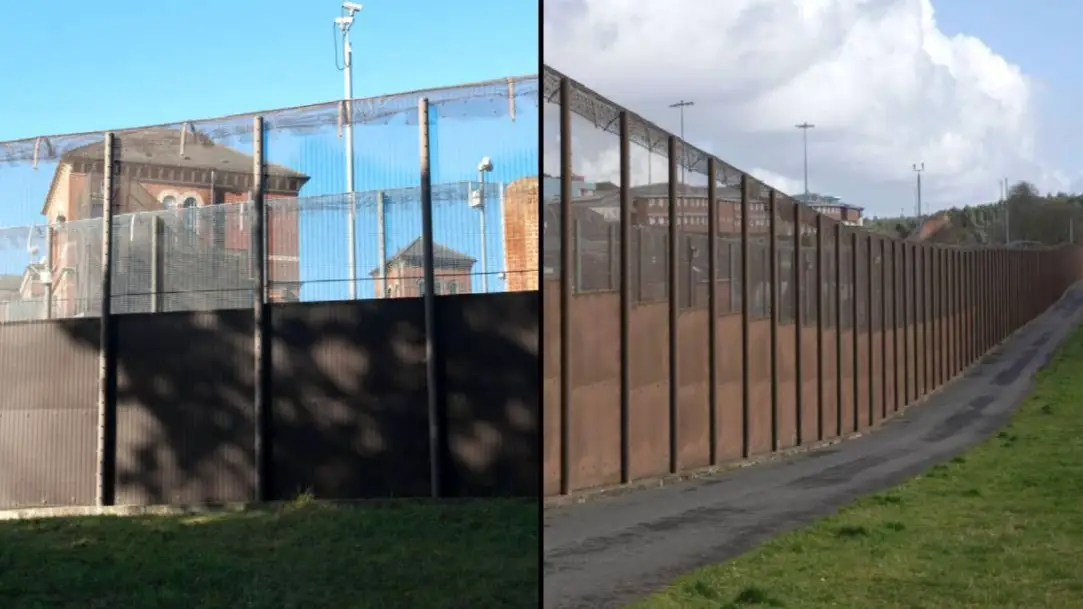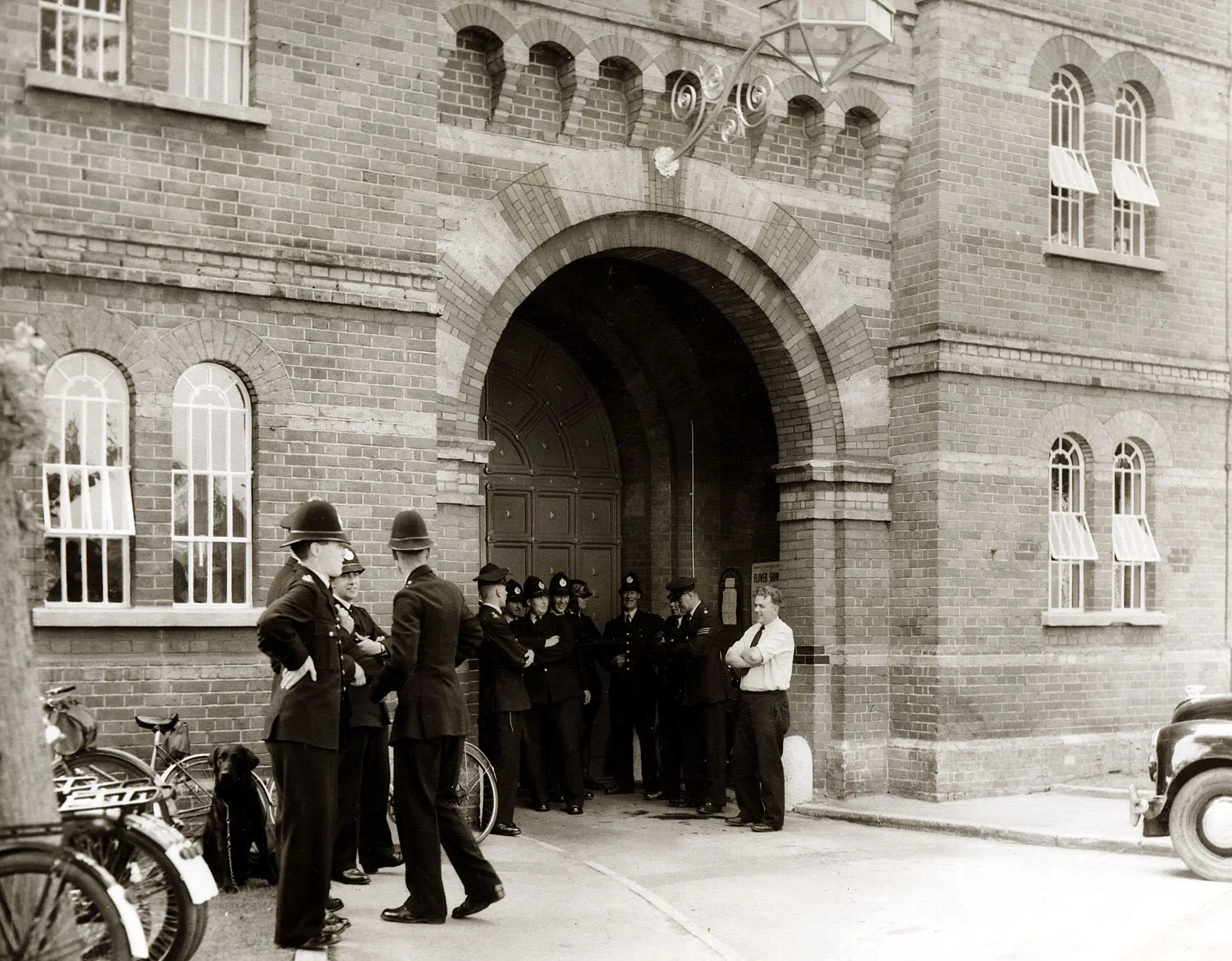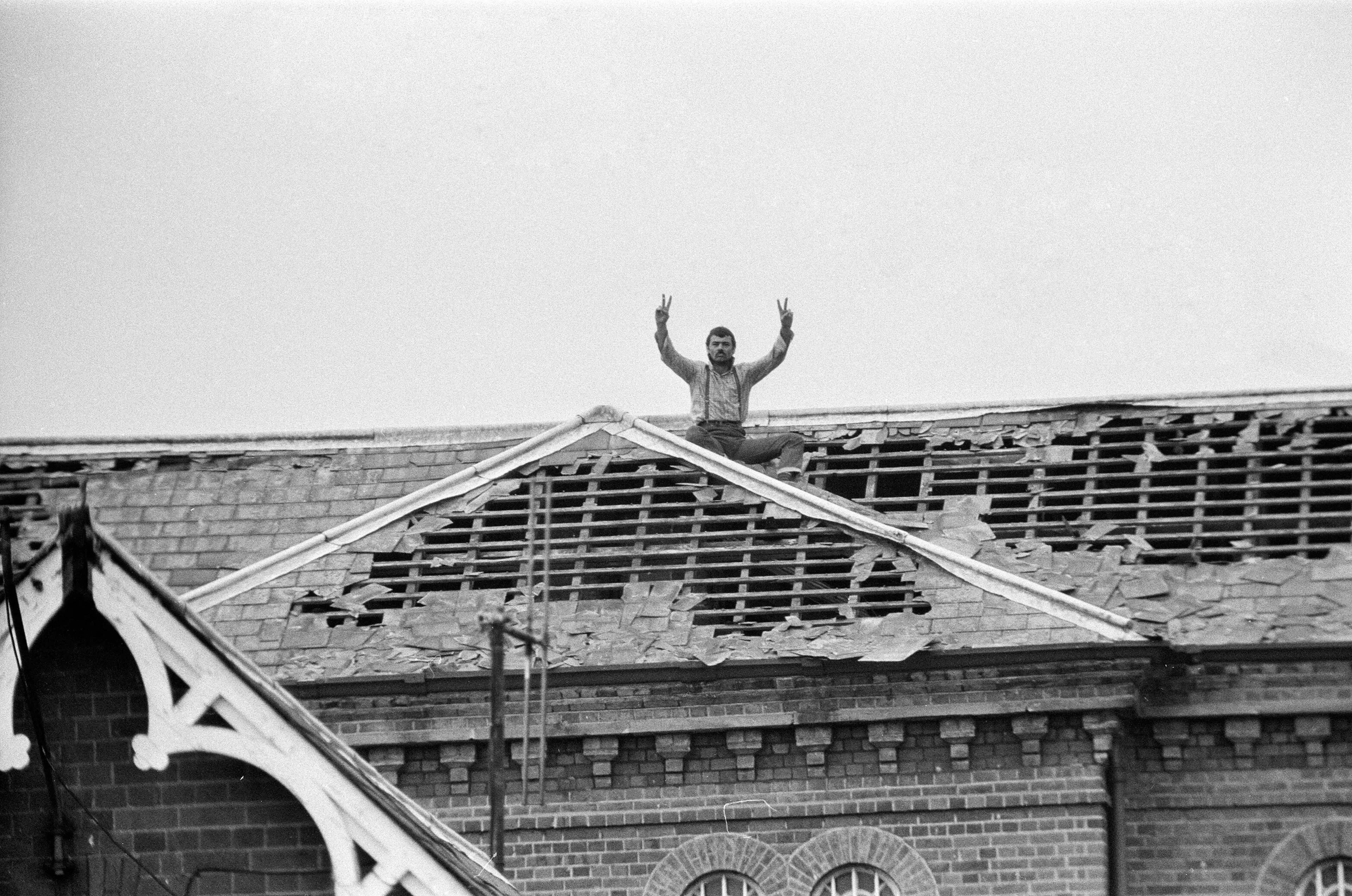
Broadmoor's youngest patient was just 10 years old when he was admitted and spent 77 years at the infamous hospital.
Broadmoor is the oldest running high-security psychiatric hospital in England; there are just two others, Ashworth Hospital by Liverpool and Rampton Secure Hospital in Nottinghamshire.
It was established along with the creation of the Criminal Lunatics Asylum Act in 1860, which is sometimes known as the Broadmoor Act.

Advert
The hospital has housed notorious serial killers like Peter Sutcliffe, David Copeland and James Kelly, who is believed by some to be Jack the Ripper.
However, you may be surprised to find out that the hospital was also home to a child.
William Giles was admitted to Broadmoor in 1885 at the age of 10 years old and he lived at the hospital for 77 years until his death in 1962, as per Berkshire Live.
Hansard records from the year of Giles' death note that the man came up during a discussion of the transfer of Broadmoor patients.
Lord Newton said of the man: "William Giles, was admitted in 1885, at the age of ten, after being found insane on arraignment on a charge of arson. He was reported to be an imbecile and suffering from epilepsy.

"He always needed hospital care. At first, and for many years after that, there was for practical purposes no alternative form of care for him than Broadmoor, and during more recent years, when there might have been, it was thought that transfer would have been unkind to him."
Lord Newton went on to explain that the same situation would not arise today as patients at the hospital were health under the newer Mental Health Act (1959) as opposed to the earlier Broadmoor Act.
He went on to speak about the three things should be considered, if a patient is eligible for transfer.
He said: "First of all, security, whether it is safe to transfer the patient. Secondly, is it going to be in the patient's own real interests, when he has been there for many years and regards the place as his home and has no other roots?

"The more of these cases that can be transferred, the better it is for those patients who remain in hospital, because it means that the population is then reduced and there is greater scope for the modern methods of treatment to be applied to those who remain."
Despite these Hansard records being from 1962, the transfer of Broadmoor patients remains a prevalent issue.
Patients are still subject to the Mental Health Act and although it has been updated, there is a problem with people being held at the high-security hospital when they are eligible for transfer, as per The Guardian.
A report into the transfers by the Mental Health Act Commission in 2003 found that England's three operating high-security hospitals 'have continued to contain patients who cannot possibly require such conditions of security, including patients with reduced mobility and frail, elderly patients, many of whom have needed ground-floor accommodation because they are unable to use stairs'.